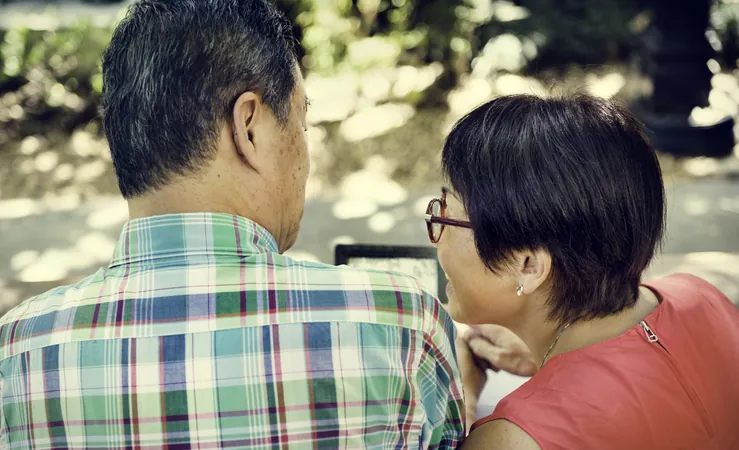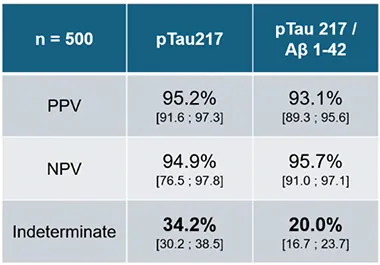
Is the Burden of Caring for Elderly Parents Falling on Unmarried Children in Singapore?
2024-11-23
Author: Li
SINGAPORE
A recent discussion has sparked significant interest on a local forum, where a netizen raised a thought-provoking question: "Is it true that, for many Singaporean families, the responsibility of caring for elderly parents is mainly shouldered by the children who haven’t married?"
The user pointed out a recurring trend observed among friends and colleagues, highlighting that in cases where siblings choose not to place their parents in elder care facilities, the unmarried child often becomes the primary caregiver. “It almost feels like an unwritten rule that singles are automatically expected to take on the caregiver role if they opt for singlehood,” they added.
Supporting this conversation, a report published in December 2023 by The Straits Times revealed that three out of four Singaporeans surveyed regularly remit money to their aging parents. The online study, which involved 1,000 participants, indicated that nearly half of those who supported their parents financially contributed between S$300 and S$500 each month. This finding underscores the importance of filial piety in Singaporean culture—a deep-seated value that compels children to care for their parents as they age.
Responses on the forum provided a nuanced view of this familial dynamic. One user outlined an apparent hierarchy, stating, "The caregiving responsibilities often fall on: (1) The single daughter, (2) The married daughter without children, (3) The married daughter with children, and finally the sons.”
Another participant, who previously engaged in a local elder care research project, confirmed the trend observed. Many interviewees found themselves unexpectedly taking on the primary caregiver role, revealing that the arrangement is sometimes consensual but often it is not, leading to feelings of sadness and resentment among those tasked with this responsibility.
In an increasingly fast-paced society, the question remains: how can families balance their commitments while ensuring that elderly parents receive the care they deserve? The expectations placed on unmarried children continue to evoke debate, along with broader discussions on personal autonomy, societal norms, and the evolving definition of family support in modern Singapore.
As these conversations unfold, it's clear that the narrative surrounding caregiving for the elderly is complex and multi-layered, reflecting both cultural expectations and the individual choices of Singaporean families.



 Brasil (PT)
Brasil (PT)
 Canada (EN)
Canada (EN)
 Chile (ES)
Chile (ES)
 España (ES)
España (ES)
 France (FR)
France (FR)
 Hong Kong (EN)
Hong Kong (EN)
 Italia (IT)
Italia (IT)
 日本 (JA)
日本 (JA)
 Magyarország (HU)
Magyarország (HU)
 Norge (NO)
Norge (NO)
 Polska (PL)
Polska (PL)
 Schweiz (DE)
Schweiz (DE)
 Singapore (EN)
Singapore (EN)
 Sverige (SV)
Sverige (SV)
 Suomi (FI)
Suomi (FI)
 Türkiye (TR)
Türkiye (TR)